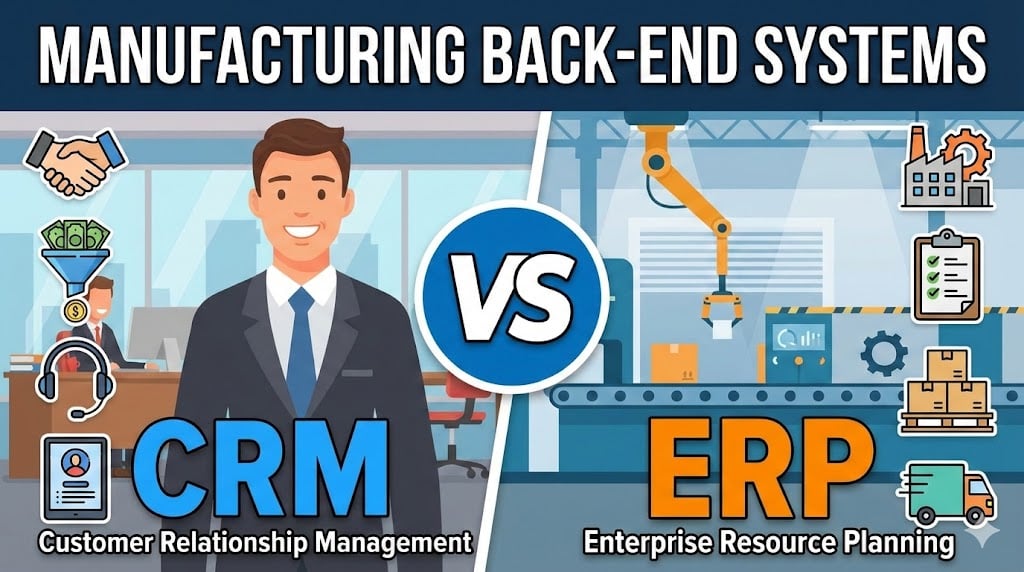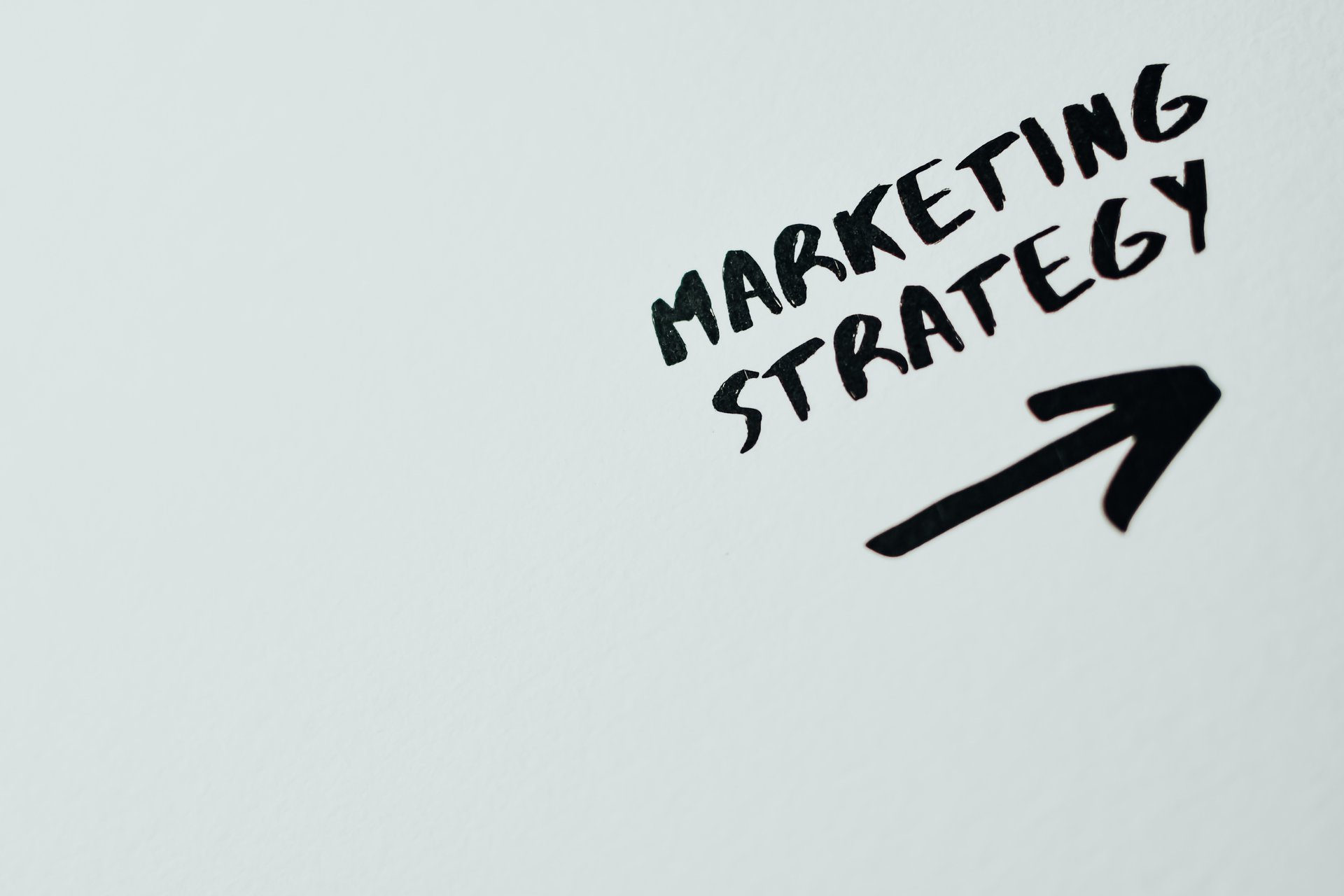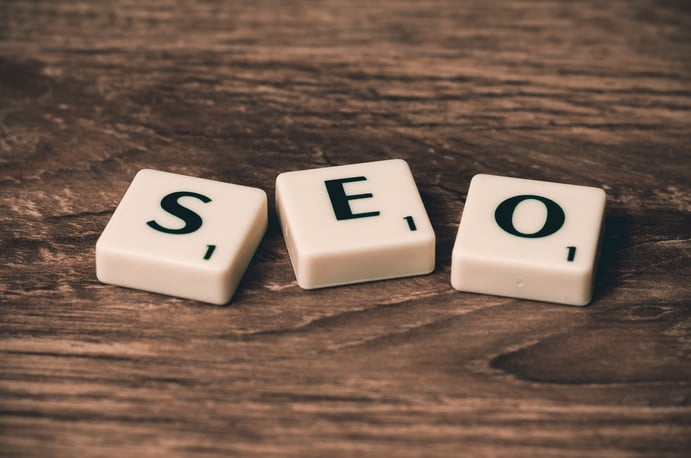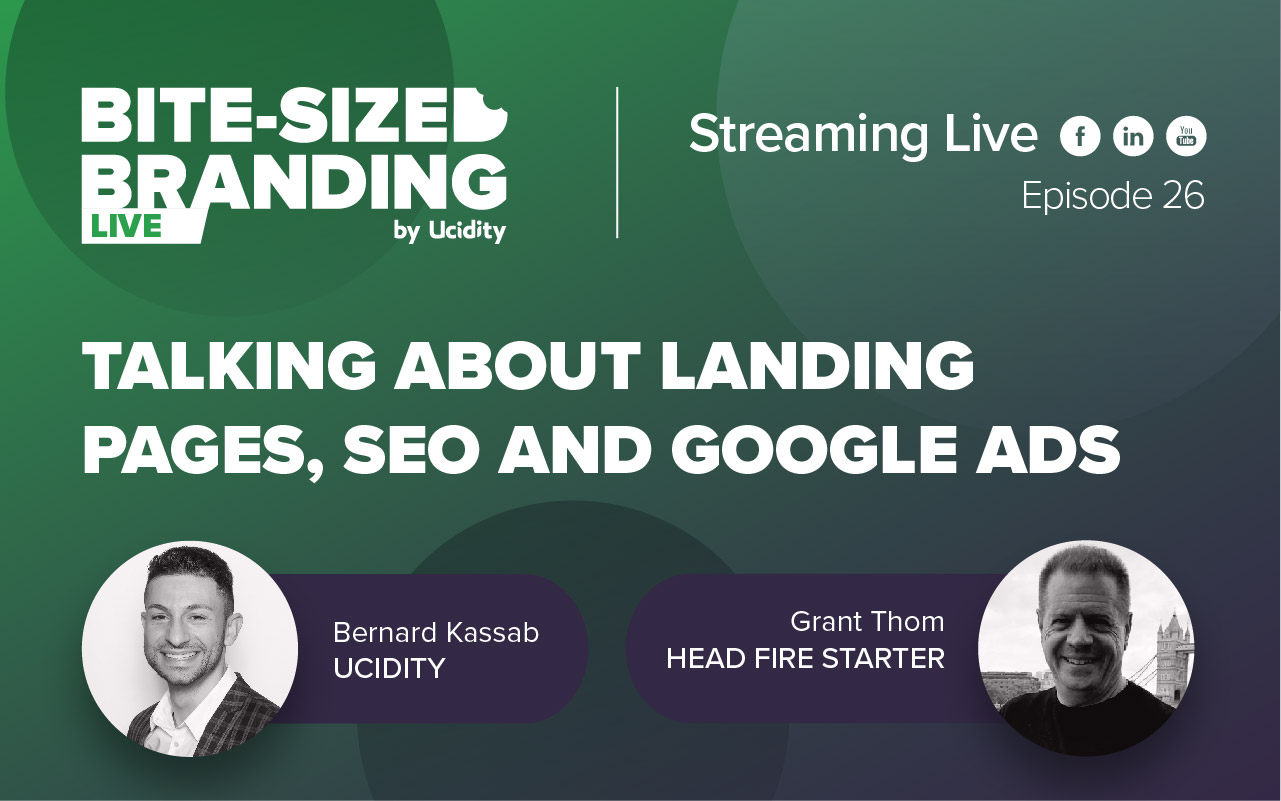
Content Marketing,Content Marketing,Content Marketing,Content Marketing | 7 min read

Do you struggle to understand which paid advertising platform would work best with your digital marketing? Or whether it's worth waiting around for your organic SEO (search engine) rankings to jump up?
In this article, we team up with two of our trusted partners who are experts when it comes to these types of questions:
- George Katsoudas from PPCLand, and
- Katya from Soup Agency
What is the best paid advertising / SEO strategy for your business?
Times have changed and many people have learned to rely on using search engines in their daily lives. Whether you are looking for information, a business's address or phone number, or even the name of a restaurant, looking for information on literally anything only needs the minimal effort of inputting information in search engines, and BOOM! You got yourself a plethora of information waiting to be discovered.
For example, plugging in the search “Restaurants in Sydney” In Google search will immediately garner you hundreds of results. Within that list, is a mix of organic ads, paid social ads and Google ads results. The difference between the three has to do with how they were made to appear in those search results (also known as Impressions).
Often, the first few results you see are ads (Google) that the search engine felt were relevant to your query, while the next results come from the different sources from all over the web (organic search), but aren’t necessarily paid for. Paid advertising also extends to other platforms like Facebook, Instagram, LinkedIn, etc.
If you’re in the process of building a strong online presence for your business, you'll need to know the difference between organic versus paid social ads and Google ads. By following these guides 9and more all over the internet), you will gain a better understanding of how each can be applied to your business - and can get more traffic to your website!
No matter what platform your brand chooses to advertise on, you have to “position the creatives correctly.” This means that you will have to have eye-catching imagery and content that hooks your audience because if you spend thousands of dollars on Ads but don’t have a good set of creatives, you might as well consider that as money down the drain.
What are Paid Social Ads?
Paid social media (which these days can come with quite a hefty price tag) means showing advertisements or sponsored marketing messages on popular social media platforms and targeting a specific sub-audience. You can also make your ad as targeted and as specific as possible so that it reaches the particular gender, location or age group that you wish to be your main audience.
Pay-per-click advertising, branded or influencer-generated content, and display ads are all examples of paid social media. You’ll know a paid social media advertisement when it’s marked as “sponsored” or “promoted” on the post.
When you advertise on social media platforms like Facebook and Twitter, your messaging appears in users' feeds along with those of their friends, reaching a wide audience and allowing you to take advantage of a variety of targeting options that are unique to each channel. If you’re deciding which social media ad platform to use for your brand, take note of each platform’s unique features. Each one has its selling points, but there are three key things that you want every platform to offer: visual content, easy access to lead capture forms and enough space to include enticing ad copy.
According to Soup Agency, a leading paid advertising agency that we work closely with, for an Ad campaign to be effective, you should at least spend $2,000-$3,000 /month, per platform for your ads to gather data enough to make a decision from. If you've set your budget to less than a thousand dollars at the very least, it might be difficult to compare results, and when that is the case, it will be difficult for your brand to make a hypothesis from all the lack of data.
In general, most start-up brands and those that don’t wish to allocate a big budget for paid advertising, choose TikTok and Facebook as those come a little less expensive than the other platforms.
A preview of Google Ads
Google Ads is the number one service for local businesses looking to invest in online advertising to generate more leads for their business. If your campaigns are properly set up, it has the potential of giving you a steady flow of prospects who are genuinely interested in the products and services that you offer. Whether you’re just starting with Google Ads or want to learn more about how to get the most out of your existing campaign, keep in mind that the success of your Google Ads is also greatly measured by the skill of the person who initially set it up.
Frankly speaking, to get the most out of Google Ads, there’s quite an investment to be made and a highly skilled person to set it up for you. This way, the ads can reach your targeted customers and deliver the results with whom you expect to do business.
Having good content in your ads is just one step of setting up Google Ads following your company's needs; making sure these ads work out for you starts with ensuring that it has the right content including the image and message.

Organic SEO
Whenever a search is made, the search engine receives the query and runs it against its database. It returns a set of results that it feels are most relevant. To increase your website traffic and improve your site’s presence in non-paid search engine results, organic SEO is the way to go.
Optimizing a website for search engine rankings is one of the best ways to dominate organic search results and beat your competitor. What that means is using and putting the main keywords on your site using different tips and tricks to push those website content up the rankings. This is a good way to increase your visibility in Google Impressions without having to pay for advertisements.
SEO results can take a long time... six months
to a year at the very least
SEO results can take a long time to draw results from. We're talking six months to a year at the very least. If your brand is not yet established and you have the time to wait on results and make a more informed decision for other business strategies, by all means, get on to getting your website SEO-optimised.
However, just like any platform, this has to be properly set up at the start for it to rake in all the correct data for your analysis.
When should a business rely on these strategies?
If you're working with a small budget and can't afford to market through conventional channels, paid social ads are still a great way to reach an audience that otherwise might not see your message in real-time or on a large enough scale.
On the other hand, if Google's main goal is to provide the best possible results for users, the goal of organic SEO is to create a website and content that is worthy of Google's top ranking. If you want your website to rank highly in Search Engine Result Pages, you must implement organic SEO.
Lastly, Google is the most popular search engine, receiving over 5 billion daily searches. Additionally, Google’s Ads has been around for about 20 years and is, therefore, a mature advertiser being way ahead of everyone in the search engine game.
What are some common results?
According to digital marketing giant HubSpot, spending any amount of money on Google ads to reach your target audience is similar to a visibility estimate of about 259 million unique visitors and 4.8 billion daily interactions.
When it comes to Organic SEO, on the first page alone, the first five organic results account for 67.6% of all the clicks. On the other hand, approximately 74% of marketers around the globe still invest in social media. This figure includes investing money for advertising and marketing on social media sites like LinkedIn, Google+, Facebook, Twitter, Tumblr, Instagram and a range of others. Not to mention that nearly 70% of businesses report consumers finding them on social media websites.
What performs better in what scenario?
As paid social media ad spend increases, it’s becoming clear that social ad campaigns are becoming much more of an effective way for small businesses to reach their target audiences. Ultimately, paid social media helps you market your products and services effectively much as organic social media does. The advantage to paying for this type of value? Speed to market, campaign sustainability, and the ability to control it without any restrictions.
Organic social media traffic can take days to build due to the algorithms of Facebook and Twitter. Organic posts rarely reach your target audience with speed, at least not as quickly as you’d like them to. Paid social media boosts your presence on those sites with extra views, traffic, and engagement much faster than you’d get them organically. If you’re involved in a short campaign, that boost can help put you on the map in record time instead of leaving you waiting for organic traffic that takes days to develop. Retargeting followers with targeted ads also saves time, helping you achieve an advertising frequency that brings new eyes to your business without too much work.
Need expert advice on what strategy to follow for your business? Book a call with us and we’ll let you know how our managed marketing services can help.
Are you also looking at starting on Google Ads or just wondering how SEO could be an option for your business? Check out our partners on the links above!
Special thanks to Soup Agency for sharing very helpful insight on this blog too!
Published on May 16, 2022



Youtube%20Marketing%20Making%20Waves.jpg)
.jpg)
%20-%20Elevate%20Your%20Blog%20Results.jpg)